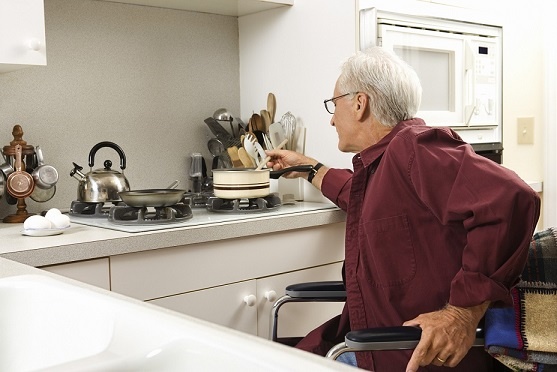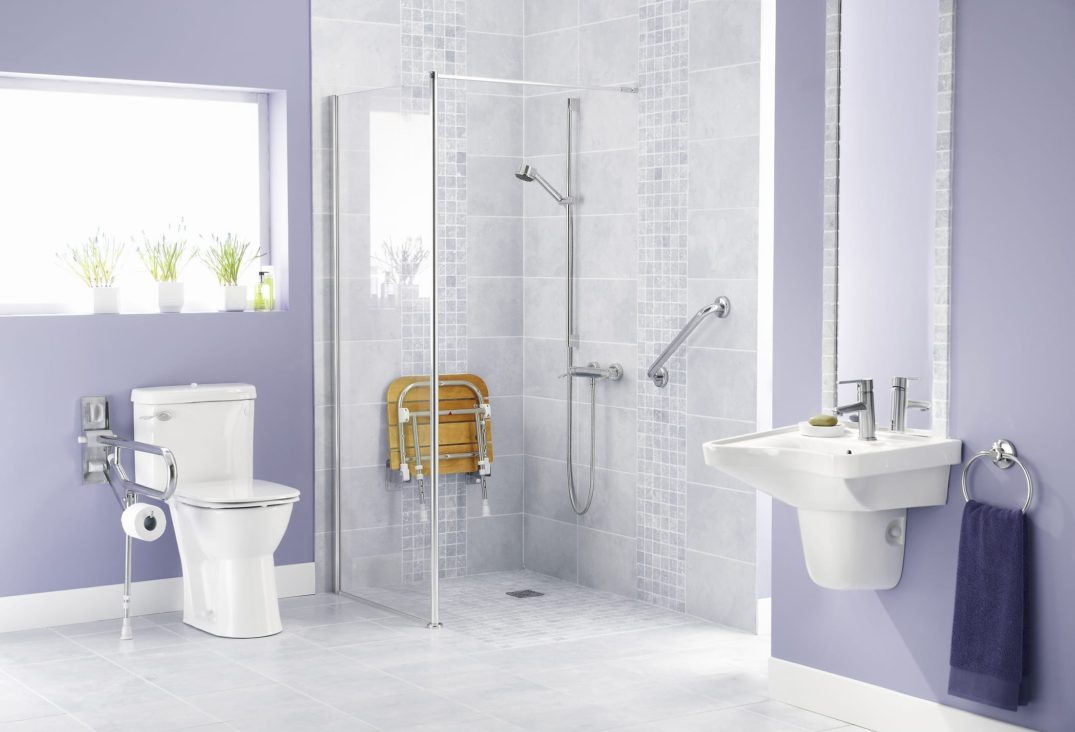Posts Tagged “downsizing”

Some people will opt to buy a smaller home or condo, some others will decide to rent So the kids have moved out and now you have a lot of extra unused space I your home. You’re paying maintenance, heat, lights and taxes on a home that you may now only be using half to…

Many seniors are not changing their spending habits to match their coming reality At 65, will you still have a mortgage hanging over your head? Are you a Boomer over 50 who will still be making mortgage payment once you reach normal retirement age? If so, you’ll be like 35% of other senior homeowners, according…

So, you’re a senior looking for a new housing option. The old family home is just too big, or needs too many repairs for you to plan on living there for the long run. You occasionally need a little help, but are basically in good health. You want to be near your kids, but want…

For some people, moving from the family home is something to do only when you can no longer manage where you are. There is a certain amount of nostalgia built around staying in the Halifax home where you raised your kids, and where you created many of the most important memories of your life. Even…

Here are some things you can do to make the bathroom safer. Some are obvious, some are cheap, and some represent more of an investment. Keep the floor free of clothes and towels. Are you finding it difficult to bend down to reach things? Have one of those “grabby” devices that enable you to reach…

